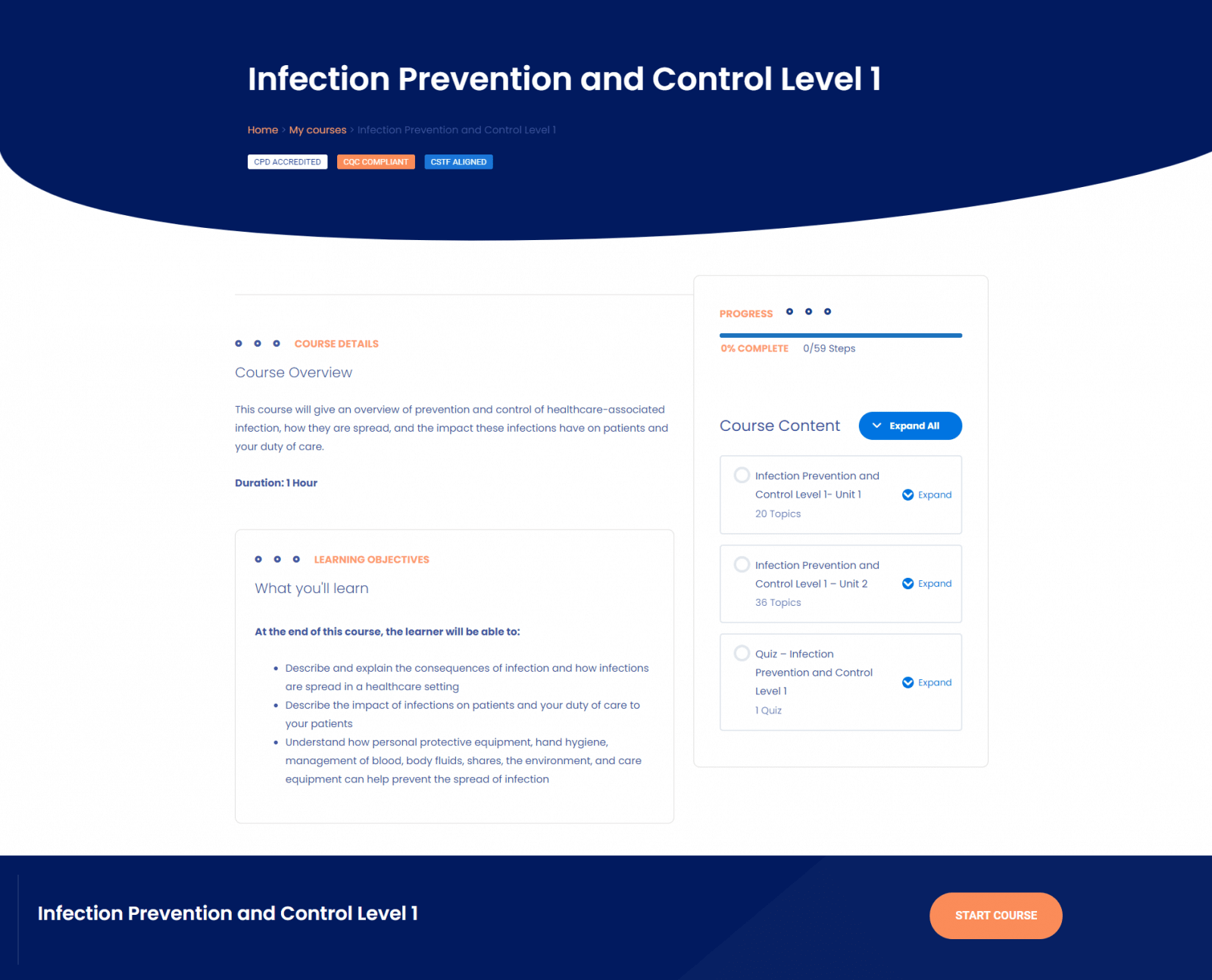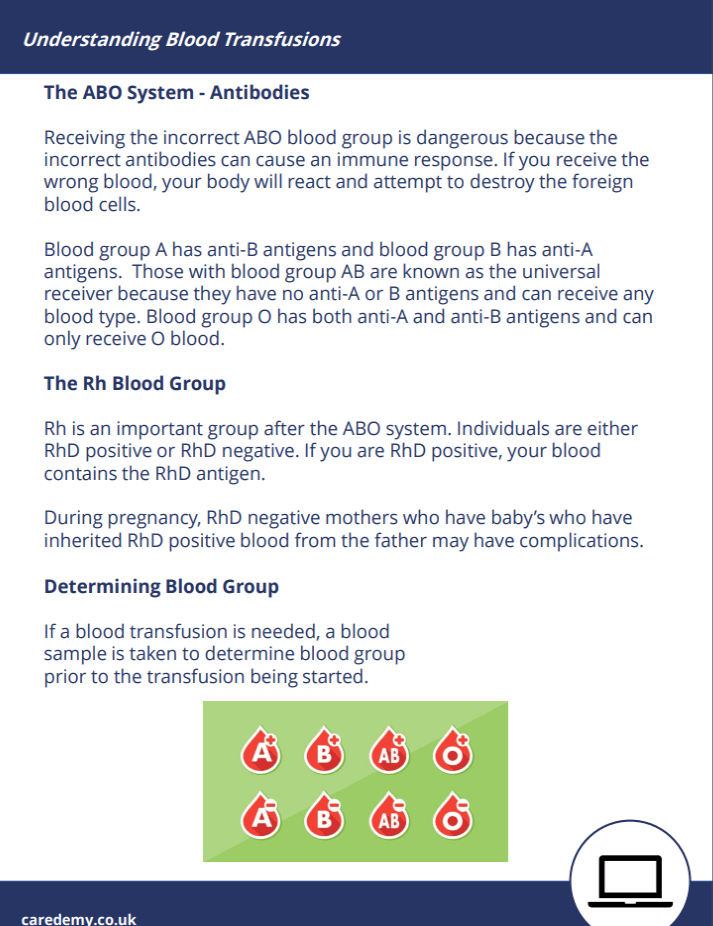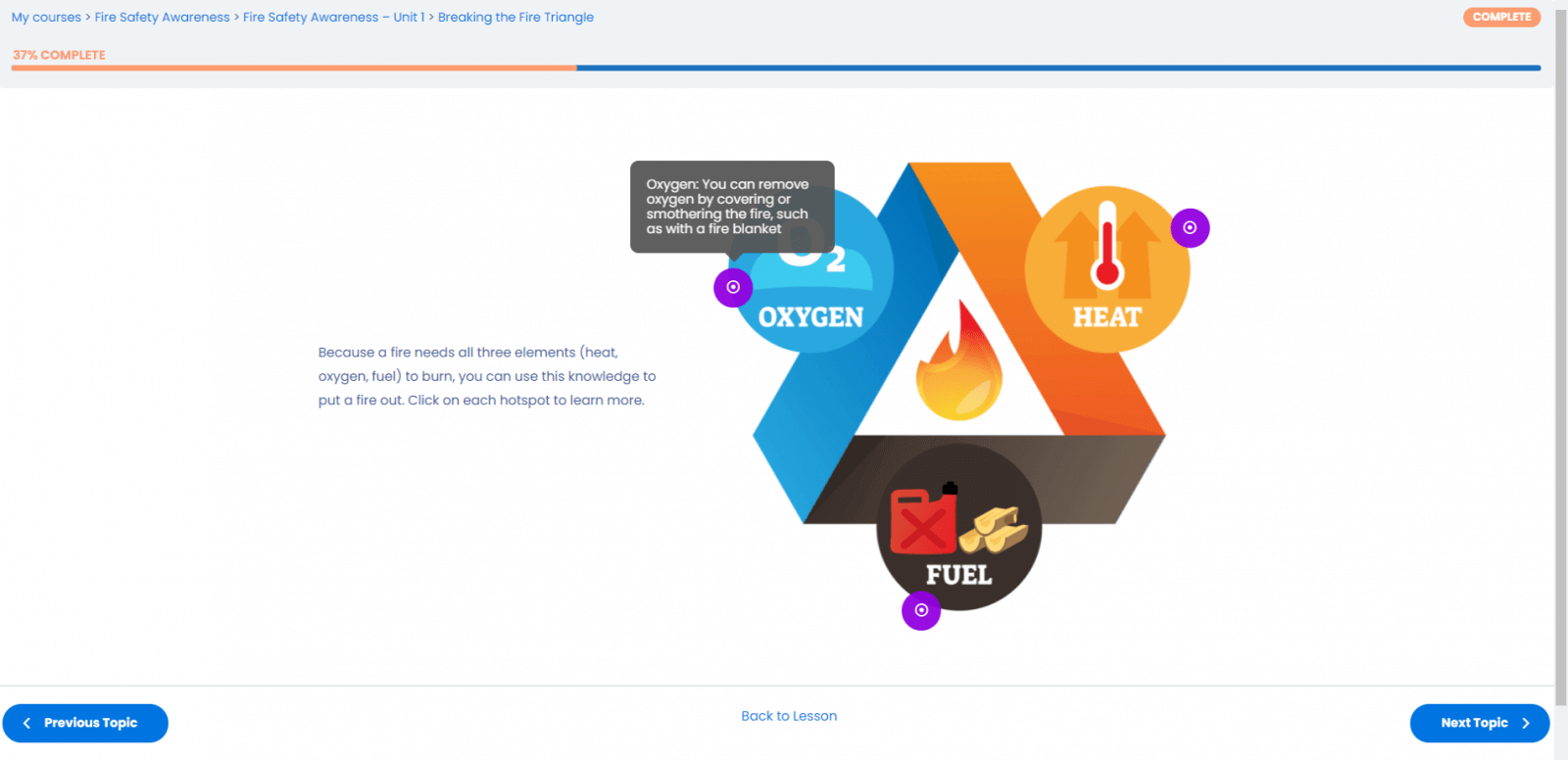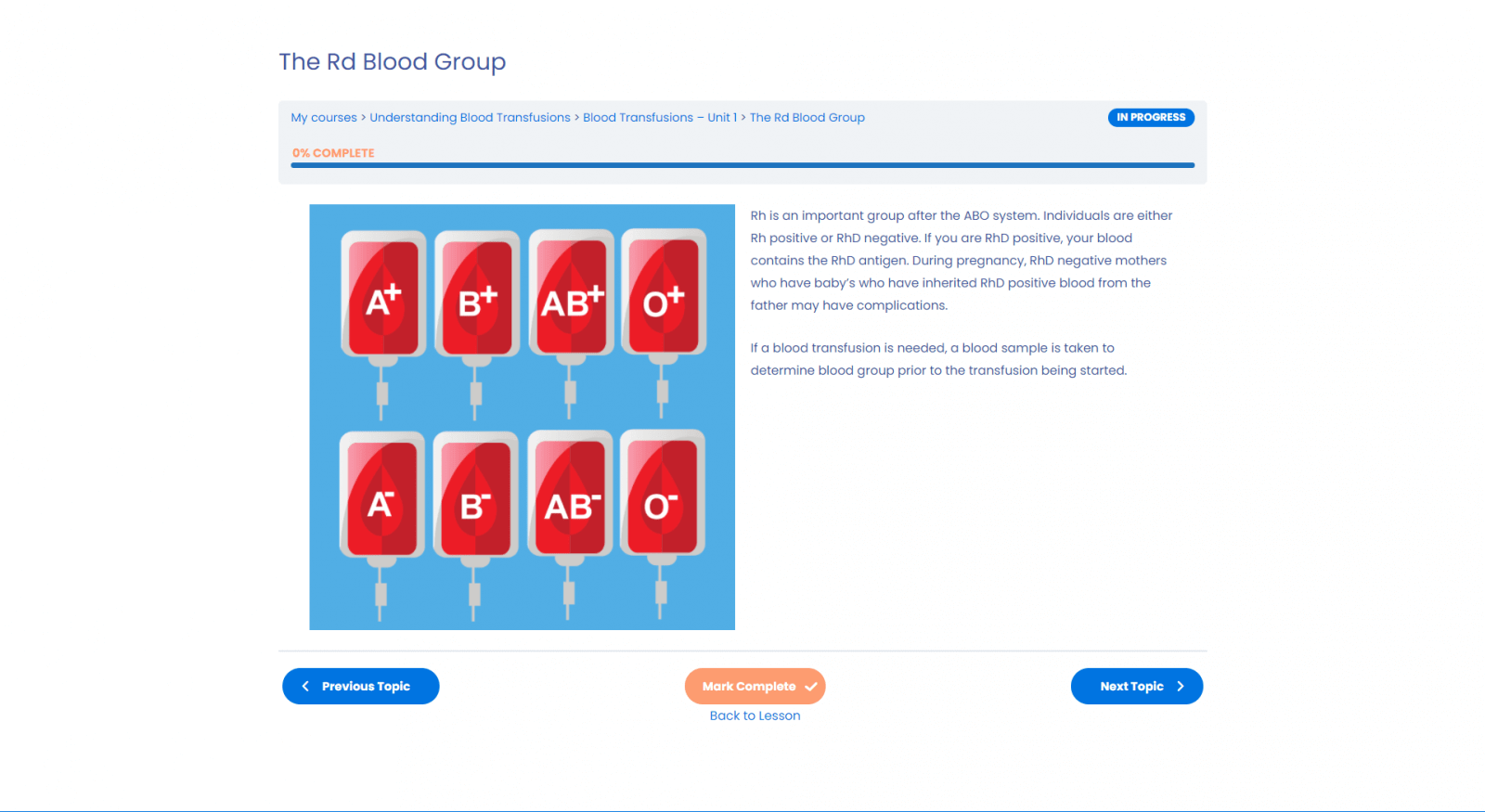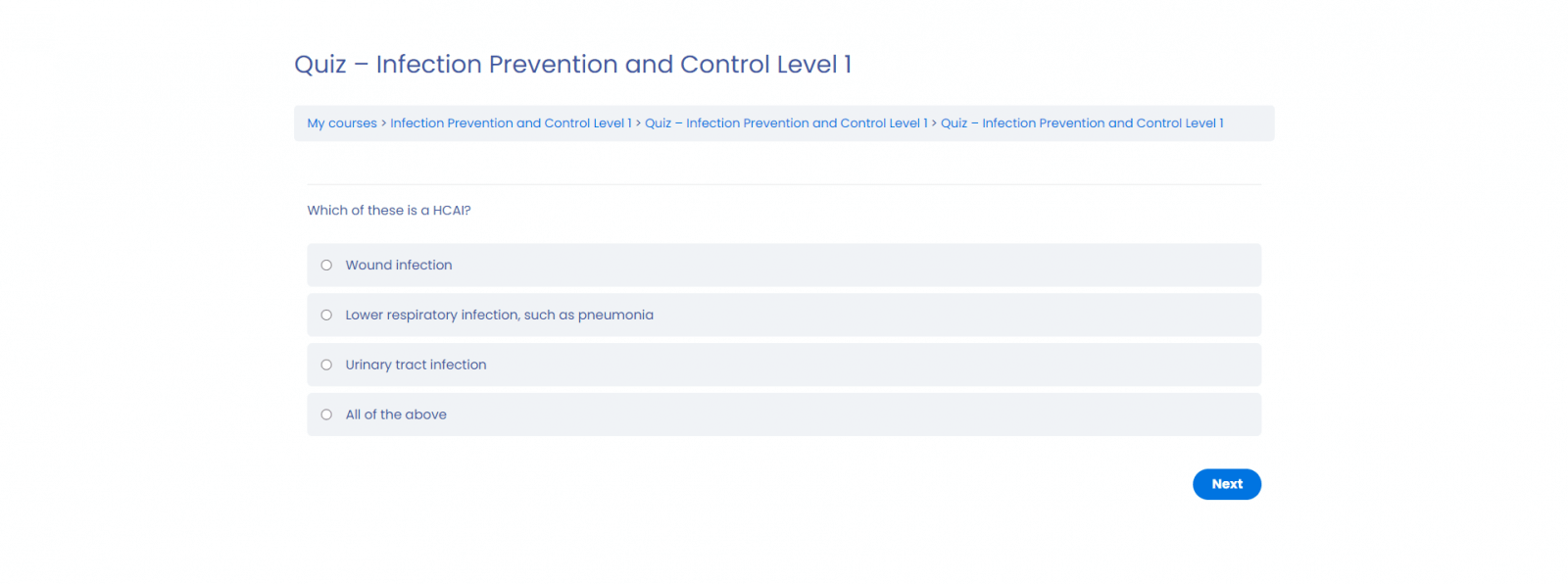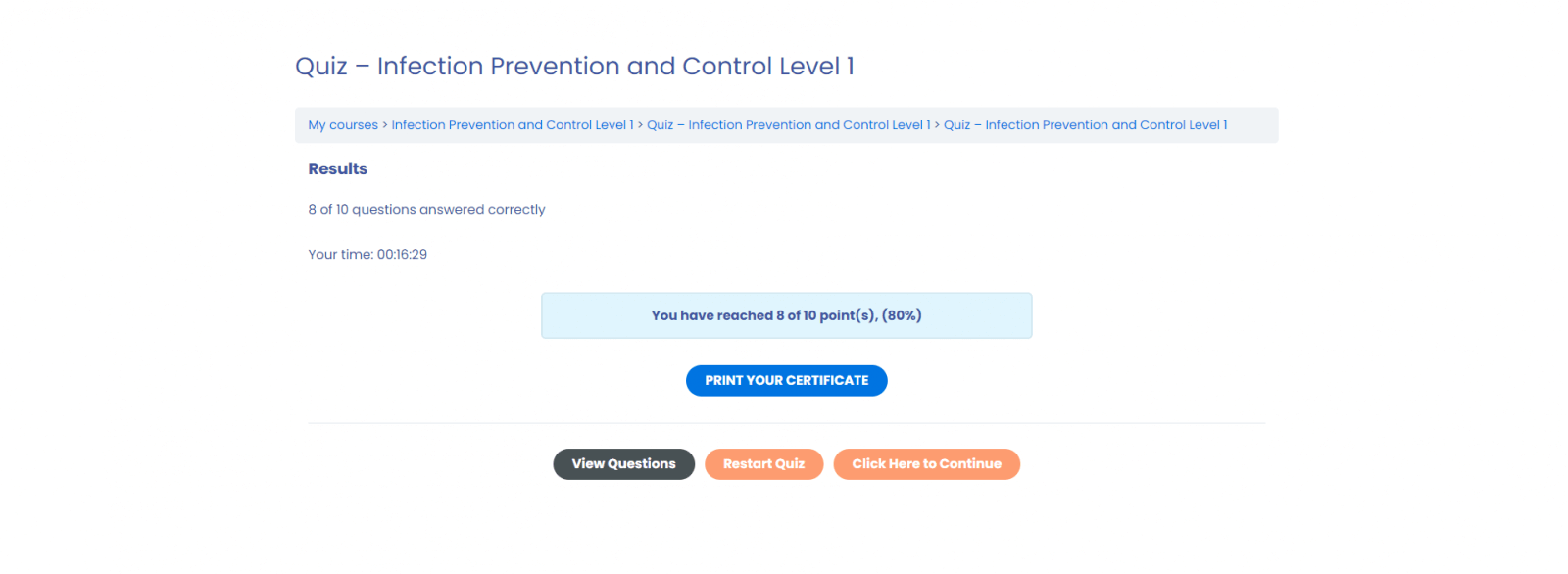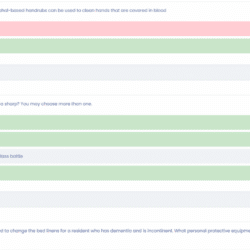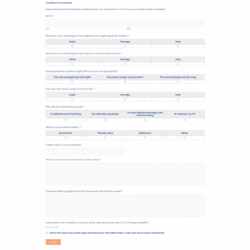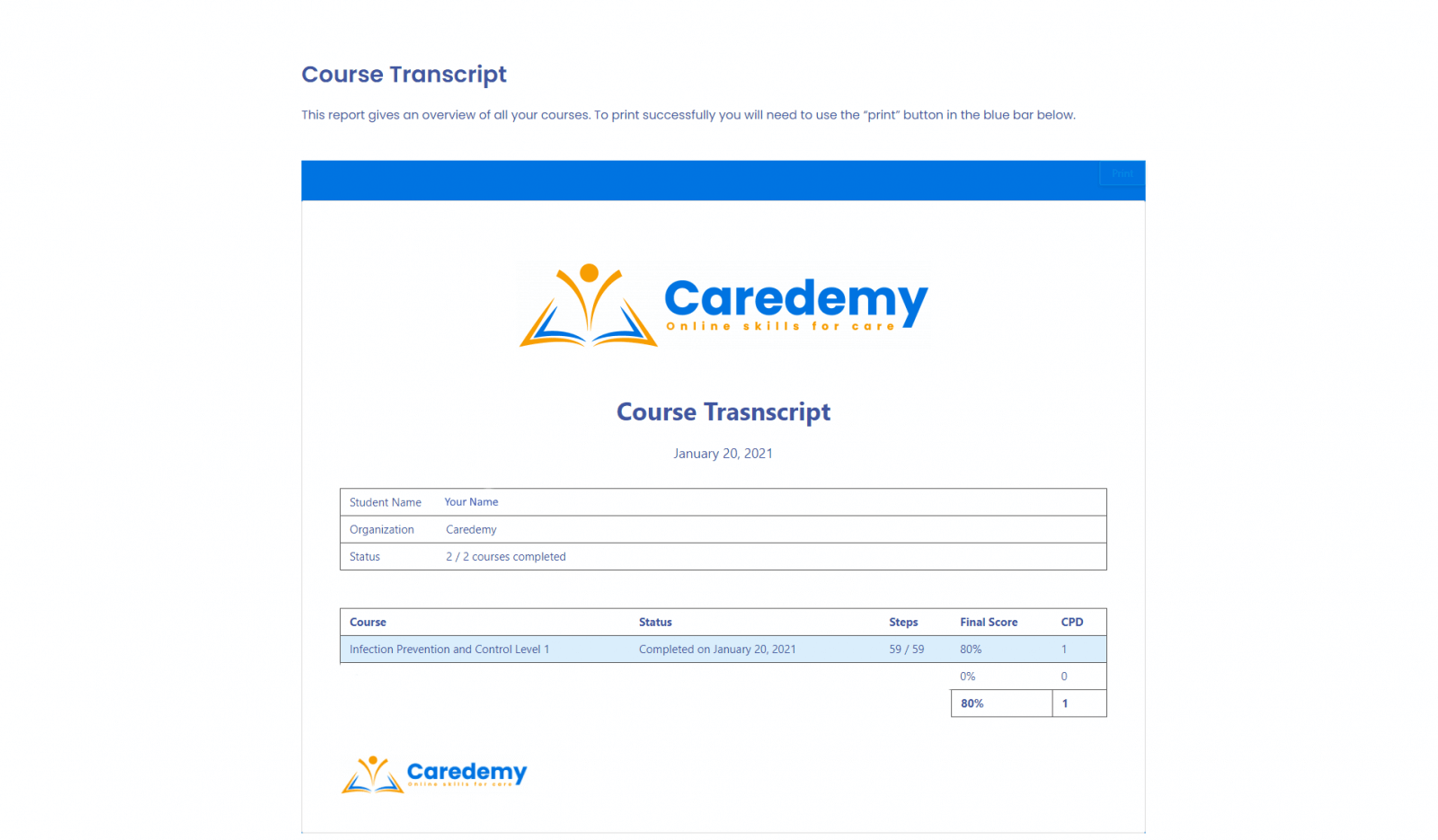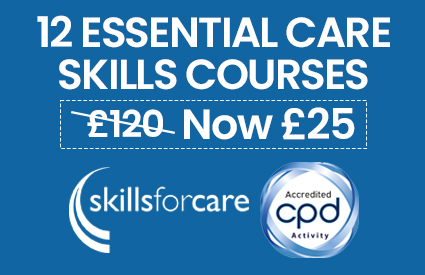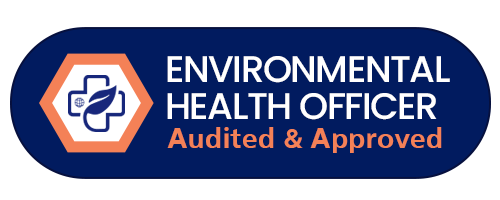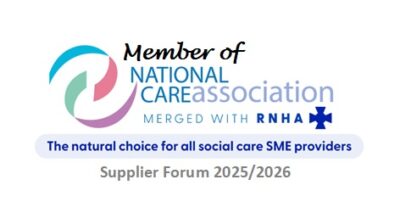Mandatory & Core Social Care Training Courses
£50.00 +VAT / year
14-Day Money-Back Guarantee

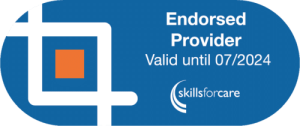
Course details
Mandatory and core social care courses
The courses that are included in the social care mandatory and core training bundle are:
- Food Hygiene (Basic) Level 1
- Fire Safety Awareness: An Introduction
- Fire Safety Awareness: Fire Signs, Guides, Equipment, and Evacuation
- Medicines Control & Administration (Medication Management)
- Infection Prevention and Control: Level 1 An Introduction
- Infection Prevention and Control: Level 2 An Understanding
- Advance Care Planning and Record Keeping
- Promoting Understanding of Equality, Diversity, & Human Rights
- Safeguarding Adults Level 1
- Safeguarding Adults Level 2
- Safeguarding Children Level 1
- Safeguarding Children Level 2
- Moving and Handling Objects
- Moving and Handling People
- Health Safety and Welfare
- Managing Oral Health
- First Aid – Basic Life Support (Resuscitation)
- First Aid (Resuscitation) Level 2
- Awareness of Equality, Diversity and Human Rights
- Privacy and Dignity
- Person-Centred Care
- Learning Disabilities
- Providing Hydration – Fluids and Nutrition
- The Mental Capacity Act and Liberty Safeguards
- Effective Communication
Duration: 25 Hour CPD Points: 29
What You will learn
Mandatory and core Learning Objectives
Topic | Requirements | Refresher training recommendations |
Assisting and moving people | ● Care workers should be able to understand current legislations, policies and procedures relating to moving and positioning individuals. ● Includes both anatomy and physiology and how to use any equipment required. ● Also need to know how to minimise risk and when they should seek advice or assistance. | Refresher training and assessment is recommended at least once per year or when new risks/requirements are introduced |
Basic life support and first aid | ● Staff need to understand the procedures and protocols surrounding accidents and sudden illness. ● Includes being able to safely provide basic first aid and life support. | Basic life support training should be refreshed at least annually. Frequent ‘low dose’ training may improve CPR skills more effectively. First Aid refresher training is required at least every 3 years for a worker to be recognised as competent.
|
Communication | ● Care staff need to understand the importance of good communication and be able to meet the communication needs and preferences of those in their care. ● They should also be able to understand and apply confidentiality practices at work and be able to reduce barriers to communication. | Staff performance should be monitored. Competence and knowledge should be assessed at least annually. Learning and development opportunities should be provided as required or at least every 3 years.
|
Dignity | ● Care staff should understand that dignity, respect and privacy of the individual are of the utmost importance in a care setting. ● It’s also vital for them to understand the principles that underpin dignity in care.
| Staff performance should be monitored. Competence and knowledge should be assessed at least annually. Learning and development opportunities should be provided as required or at least every 3 years. |
Equality and Diversity | ● Care staff should understand the importance of equality and be able to work in an inclusive manner. ● It’s important for them to know how to access information and advice when needed. | Staff performance should be monitored. Competence and knowledge should be assessed at least annually. Learning and development opportunities should be provided as required or at least every 3 years. |
Fire Safety | ● Care staff should understand fire safety procedures and how to promote fire safety in the care setting. | BS 9999:2008 recommends that training should be refreshed at least annually. The Department for Communities and Local Government states that fire drills should be carried out annually.
|
Food hygiene | ● All staff involved in the handling, preparing and provision of food are required by law to receive food hygiene training. ● Care staff need to understand the importance of food safety in the care setting. ● They need to be able to maintain food safety when preparing, handling, serving and storing food and drink. ● It’s also important for them to know how to access advice and support about food safety when necessary. | Staff performance should be monitored. Competence and knowledge should be assessed at least annually. Learning and development opportunities should be provided as required or at least every 3 years.
|
Health and safety awareness | ● Care staff need to understand their own responsibilities and the responsibilities of others in relation to health and safety in the work setting. ● They should understand health and safety procedures in the care setting, including risk assessments, security measures and how to handle hazardous substances. ● Care workers also need to understand how to manage stress. | Staff performance should be monitored. Competence and knowledge should be assessed at least annually. Learning and development opportunities should be provided as required or at least every 3 years. |
Infection prevention and control | ● Care staff need to understand their role and responsibilities in relation to infection prevention and control in the care setting. ● This covers the relevant legislation, policies and procedures together with the importance of risk assessments, PPE and good personal hygiene in the prevention and control of infections. | Staff performance should be monitored. Competence and knowledge should be assessed at least annually. Learning and development opportunities should be provided as required or at least every 3 years. |
Management of medications | ● Staff need to understand the legislation, policy and procedures surrounding the administration of medications. ● They also need to know about common medications and their usage, as well as the preparation, administration and monitoring of medication. ● Specialist training may be necessary for some specific medications. | NICE recommends that staff in care settings and working in the community should have their learning refreshed and knowledge and competency assessed at least annually. Learning requirements, training and competency checks will vary depending on the worker’s role and responsibilities. Workers should not manage or administer medication until they have successfully completed any necessary training and have been assessed as competent. |
Mental capacity and liberty safeguards | ● Care staff should understand the meaning of mental capacity in the care setting, together with the relevant legal frameworks, policies and guidelines. | Staff performance should be monitored. Competence and knowledge should be assessed at least annually. Learning and development opportunities should be provided as required or at least every 3 years. |
Moving and handling objects
| ● Workers need to be able to move and handle equipment and other objects safely. | The Health and Safety Executive considers that annual refresher training is good practice. |
Nutrition and hydration | ● Care staff should understand the principles of nutrition and hydration. ● Care workers also need to be able to support those in their care to access food, nutrition and fluids in accordance with their care plan. | Staff performance should be monitored. Competence and knowledge should be assessed at least annually. Learning and development opportunities should be provided as required or at least every 3 years. |
Oral health | ● Care staff should know how to assess oral health, provide the relevant care and how to respond to changing oral health needs. ● Staff who provide personal care need to understand the importance of oral health and how it can affect general health, wellbeing and dignity for those in their care. ● This is particularly important for those who can’t ask for help, such as people living with dementia. | CQC recommends mandatory staff training on oral health. Staff performance should be monitored. Competence and knowledge should be assessed at least annually. Learning and development opportunities should be provided as required or at least every 3 years. |
Person-centred care | ● Staff need to understand and be able to put into practice the principles of person-centred care ● This includes active participation, consent and the individual’s right to make choices. | Staff performance should be monitored. Competence and knowledge should be assessed at least annually. Learning and development opportunities should be provided as required or at least every 3 years. |
Positive behaviour support and non-restrictive practice | ● The PBS Competency Framework provides a good point of reference for PBS training programmes. | Government recommendations are for refresher training to be provided annually. |
Recording and reporting | ● Staff need to understand the importance of handling information securely within the care setting. ● They should also know when and how to access additional support for handling information | Staff performance should be monitored. Competence and knowledge should be assessed at least annually. Learning and development opportunities should be provided as required or at least every 3 years. |
Safeguarding adults | ● Staff need to understand how to safeguard adults against abuse and how to recognise different types of abuse including online abuse and domestic violence. ● They should know how to report and respond to any suspected or alleged incidents of abuse. ● They also need to understand how to reduce the likelihood of abuse happening. | Staff performance should be monitored. Competence and knowledge should be assessed at least annually. Learning and development opportunities should be provided as required or at least every 3 years. |
Safeguarding children | ● Staff need to clearly understand how to safeguard the children in their care. | Annual refresher training is recommended. |
Specific conditions | ● Staff need to understand the needs and experiences of people with specific conditions, as well as the relevant legal frameworks and policies. ● They should also understand the importance of promoting positive health and any adjustments in care delivery that may be required. | Staff performance should be monitored. Competence and knowledge should be assessed at least annually. Learning and development opportunities should be provided as required or at least every 3 years. |
On successful completion of the quiz, you will be awarded a CPD accredited Mandatory & Core Care Training Courses free course certificates.
Who is this for?
Who is this mandatory and core training for?
These online courses has been written at an array of levels that fit the criteria to take training as part of their role. This includes
- Refresher training
- Inductions
- Awareness
- Knowledge enhancement
It is suitable for the following:
- Social Care Workers including Councils, Carers and Care assistants
- Youth workers including activity leaders, passenger transport and volunteers
Mandatory & Core Care Training Courses FAQ
Mandatory & Core Care Training Courses Frequently Asked Questions
Your course is instantly allocated to you upon completion of your purchase.
Yes, the Mandatory & Core Care Training Courses have been assessed and awarded a CPD accreditation by the CPD standards office.
Upon successful completion of the quiz at the end of the course, you will be instantly awarded a CPD accredited Mandatory & Core Care Training Courses certificates to download or print at home for free. We also have an option for you to request a hard copy of the certificate sent to your home or work address.
Yes, the Mandatory & Core Care Training Courses comes complete with unlimited exam retakes
Yes, the Mandatory & Core Care Training Courses will aid refresher training. It will give evidence of an understanding for staff induction. It will evidence awareness and improve your knowledge aiding your current skillset. A certificate is awarded upon completion.
We offer a complimentary learner management system to view the learner's course progress, view quiz results and certification. We also offer a dedicated compliance matrix to aid with audits and inspections.
Information
How our courses work
Purchase
Add your course(s) to checkout & pay
Learn
Instant course(s) allocation. No waiting!
Assess
Pass the exam to obtain a certificate
Image examples
Take a peek at some of the materials
How it works:
Assessment & Certification
You will be given a multiple-choice exam available at the end of the learning, you will be graded. On a pass mark of 70% or higher a certificate is issued.
You may retake the test at your convenience at no additional cost.
On completion of the exam, a free certificate is instantly available for you to download or print.
A hard copy certificate printed on certificate grade paper can be purchased for a nominal fee via your learner dashboard and are dispatched within one working day to your address.
£50.00 +VAT / year
If you are purchasing for someone else tick this box.
You will allocate the course after purchase to an alternate person(s)
These Courses will be included in your purchase by default.


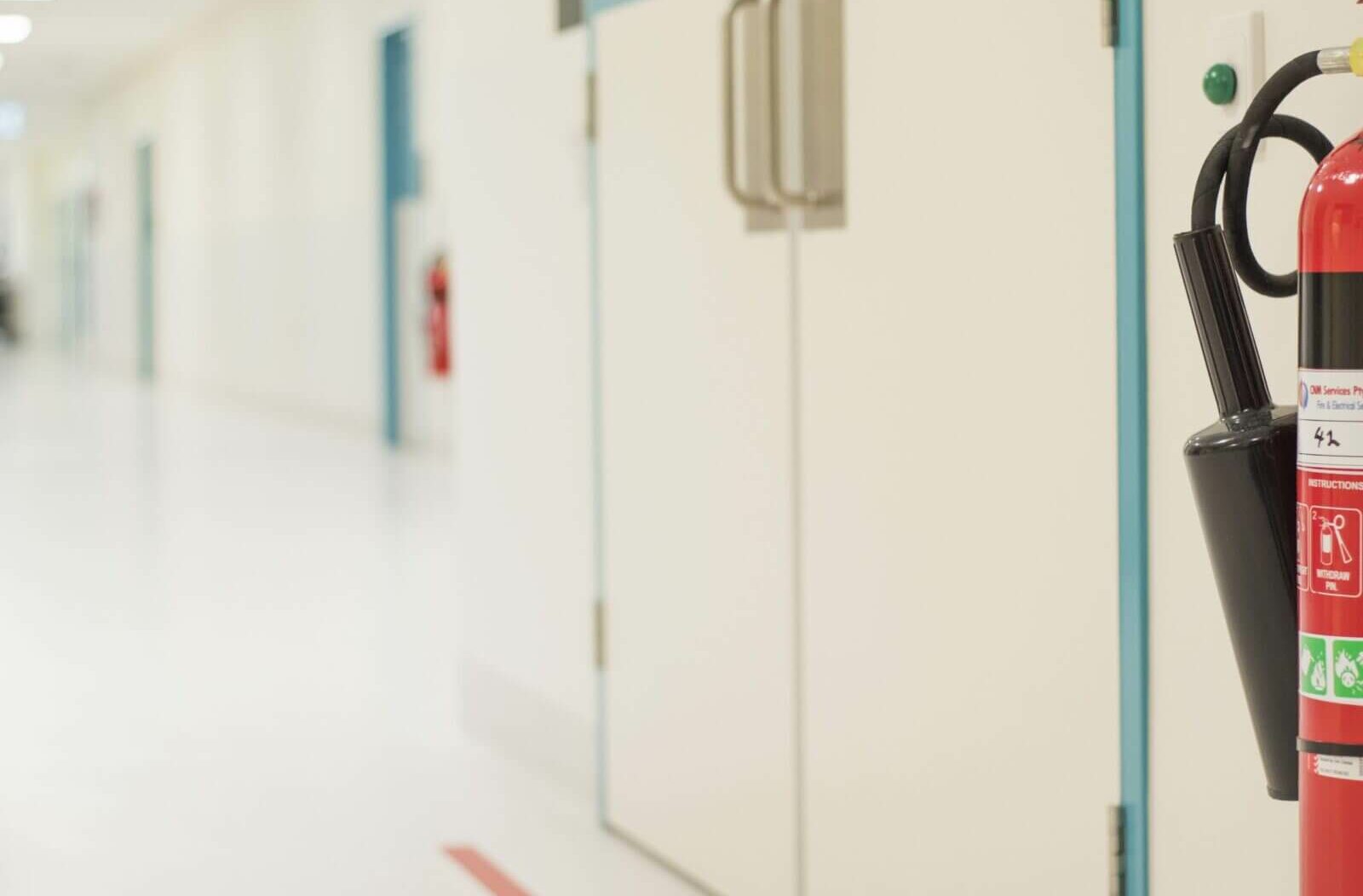



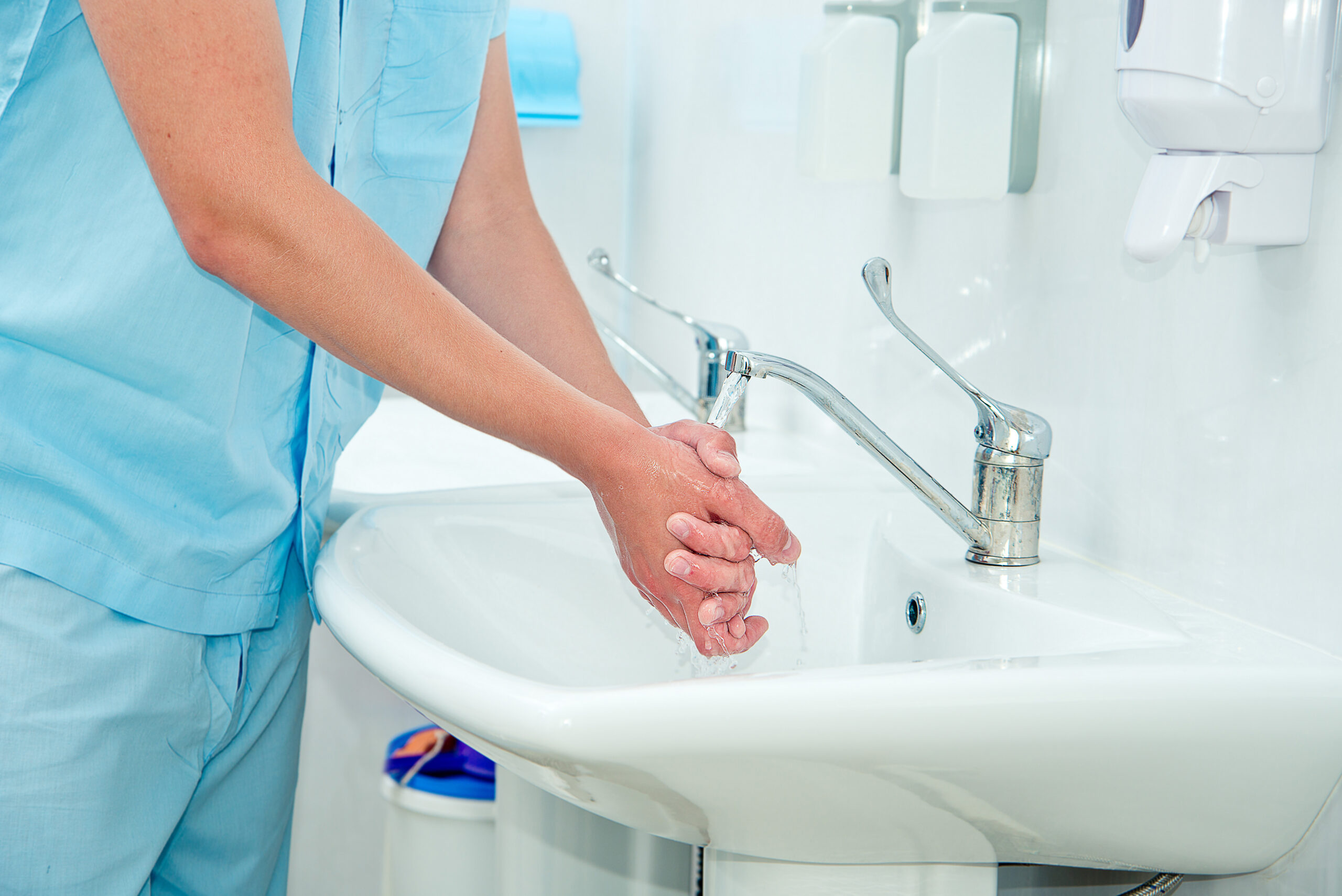




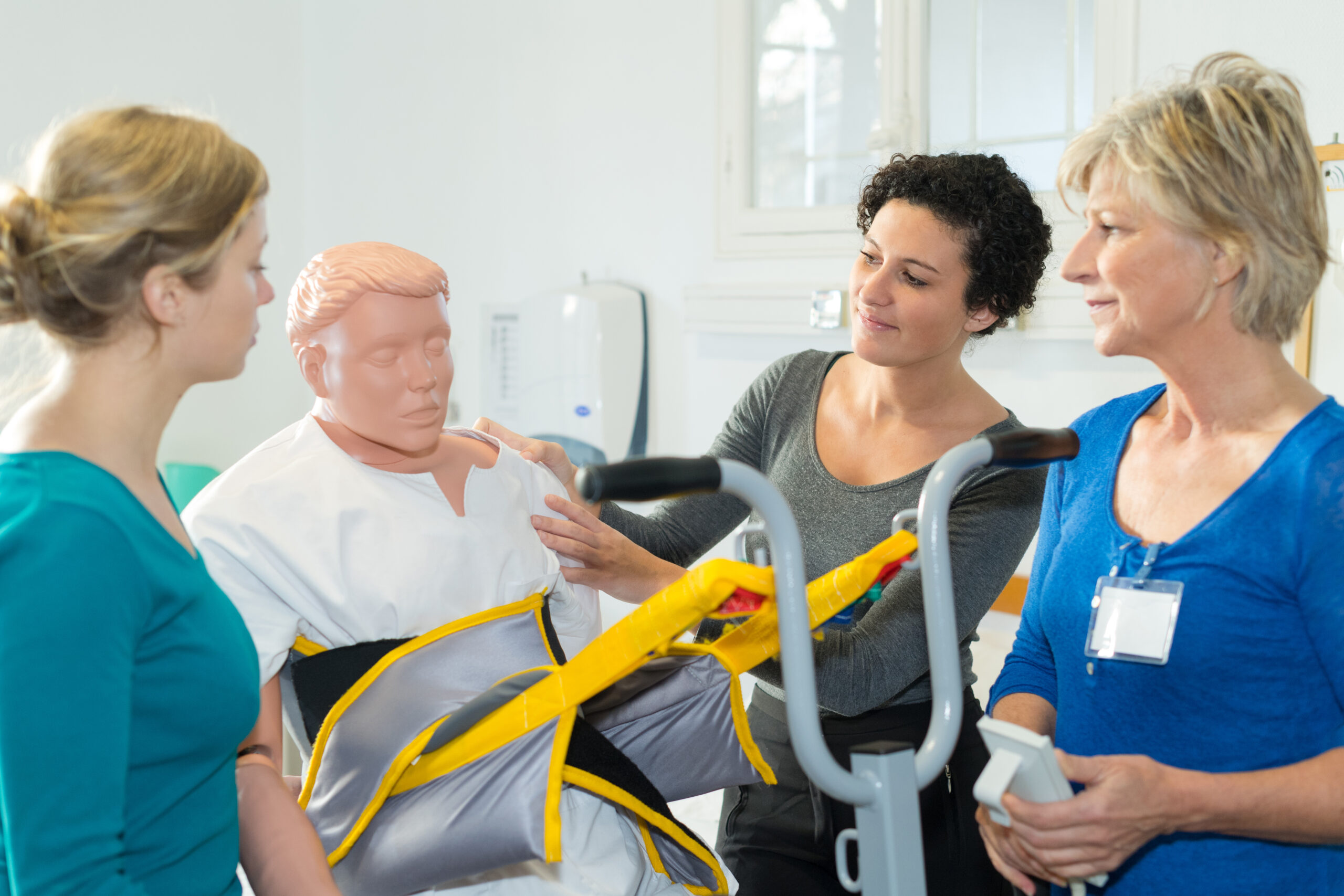
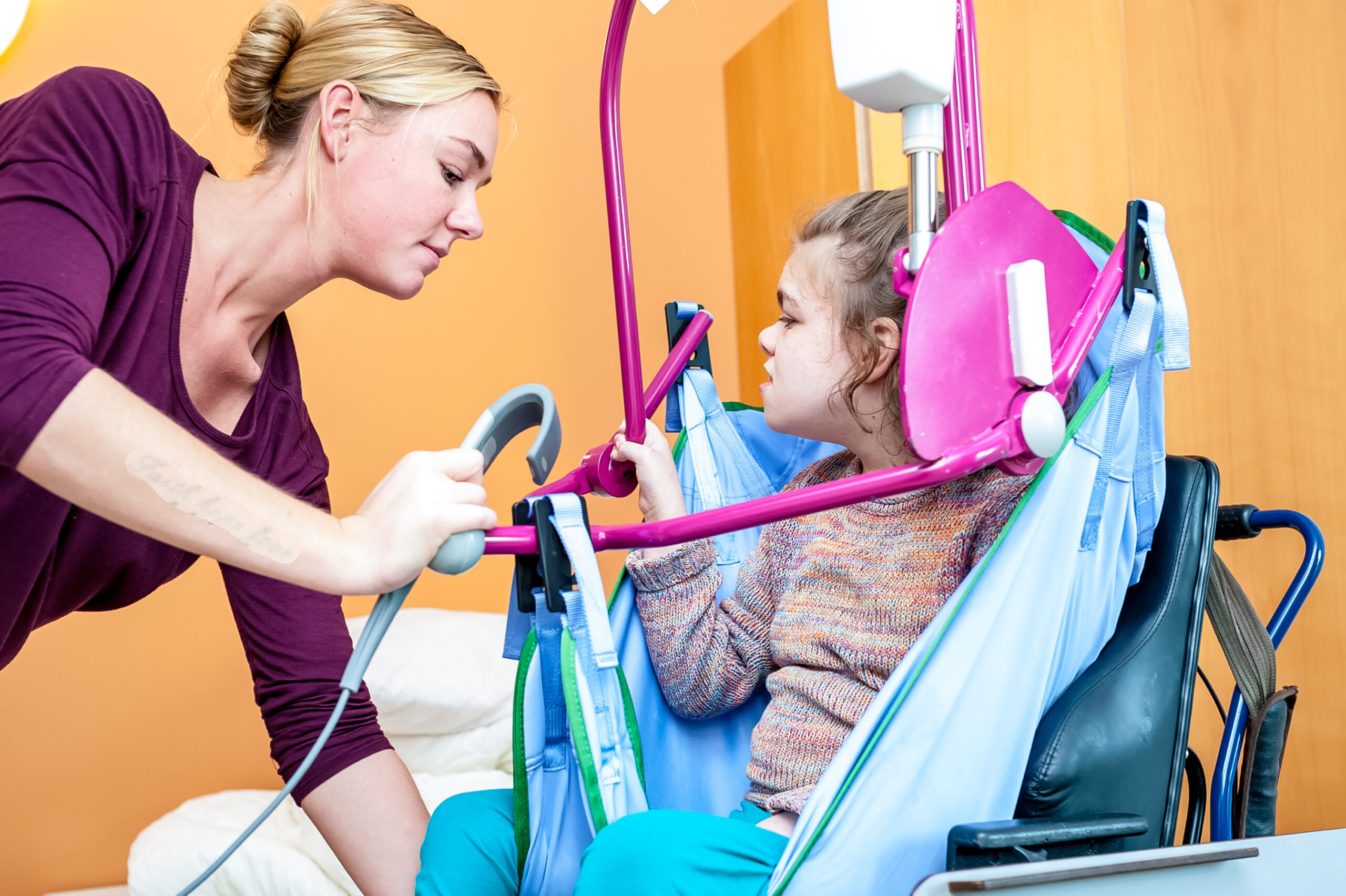


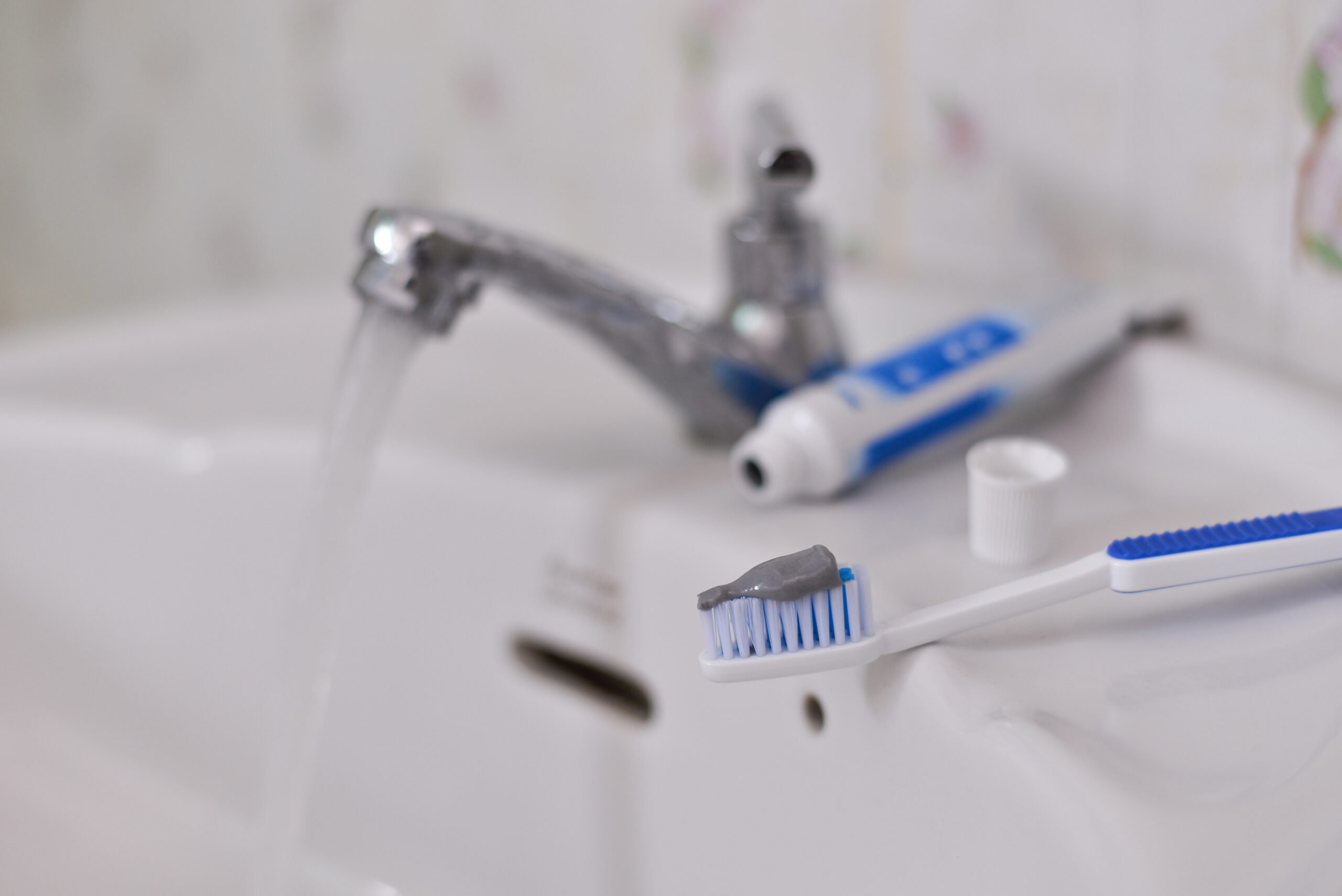
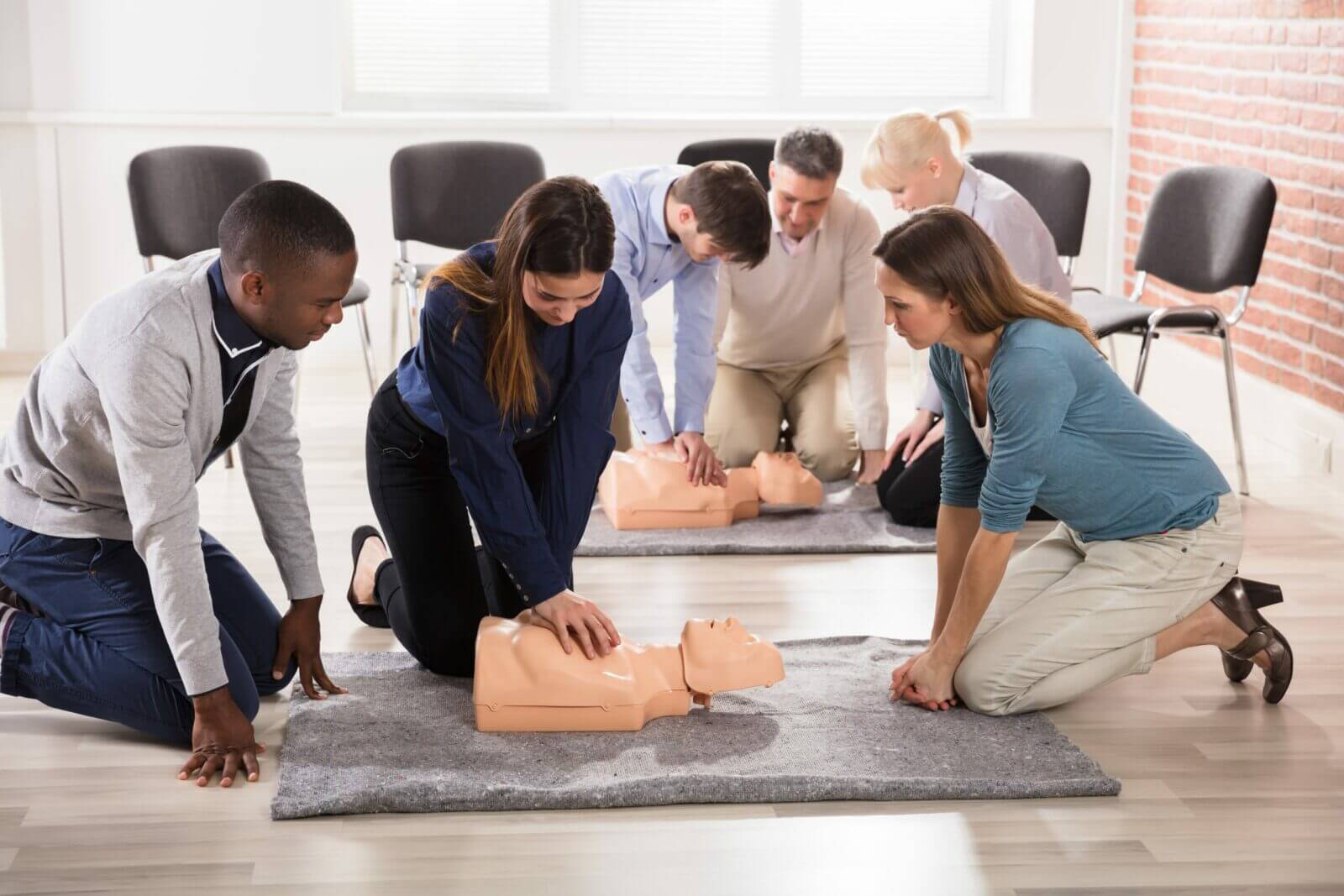





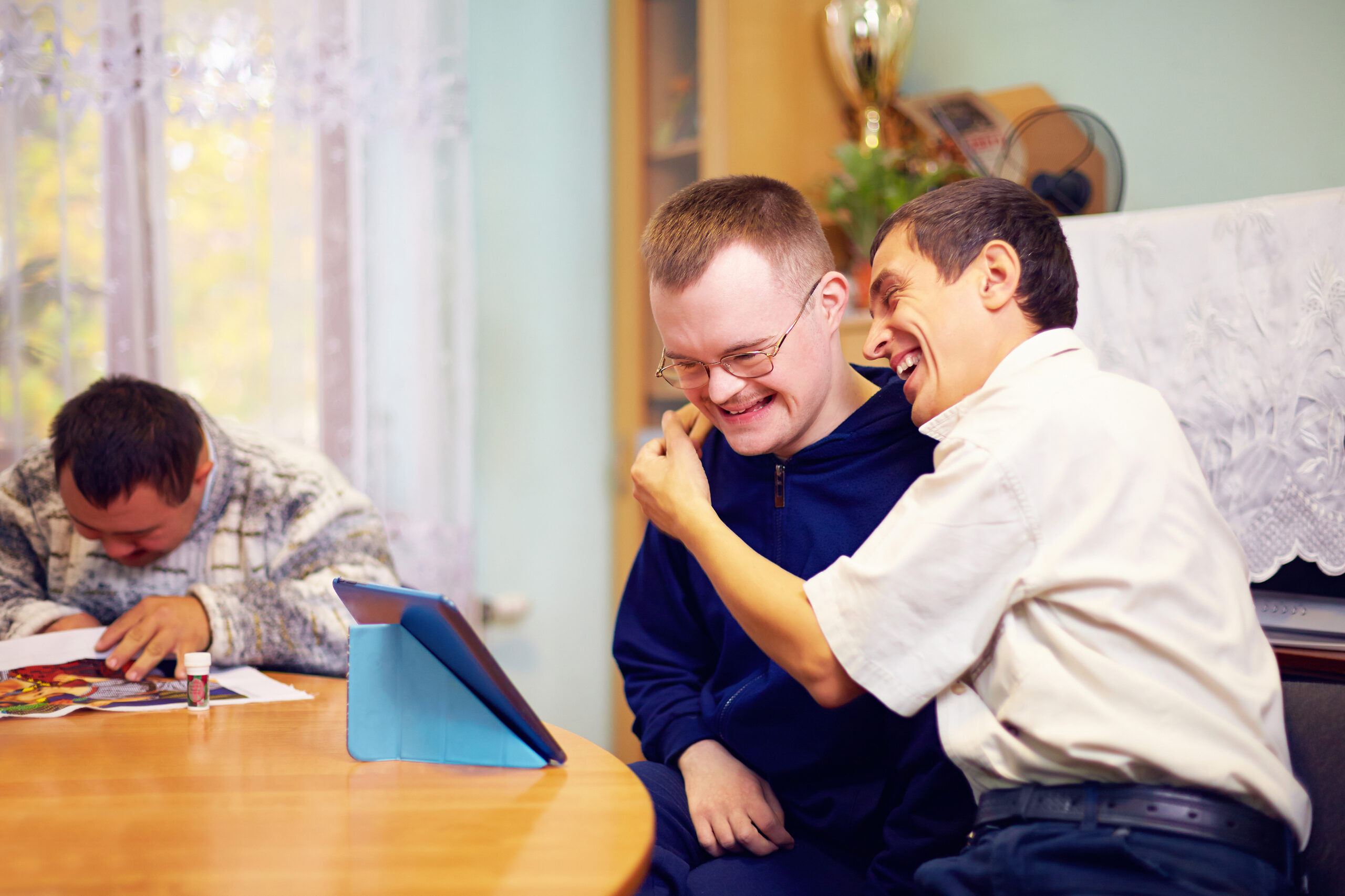


Why learn with us?
- 12 month anytime course access
- CPD Accredited online courses
- Free course certificate
- No waiting with instant course access
- User friendly training, easy to navigate
- Downloadable Workbook
- Compliant to the care frameworks
- Multiple choice exam & resits included
- Cancel the renewal at any time


